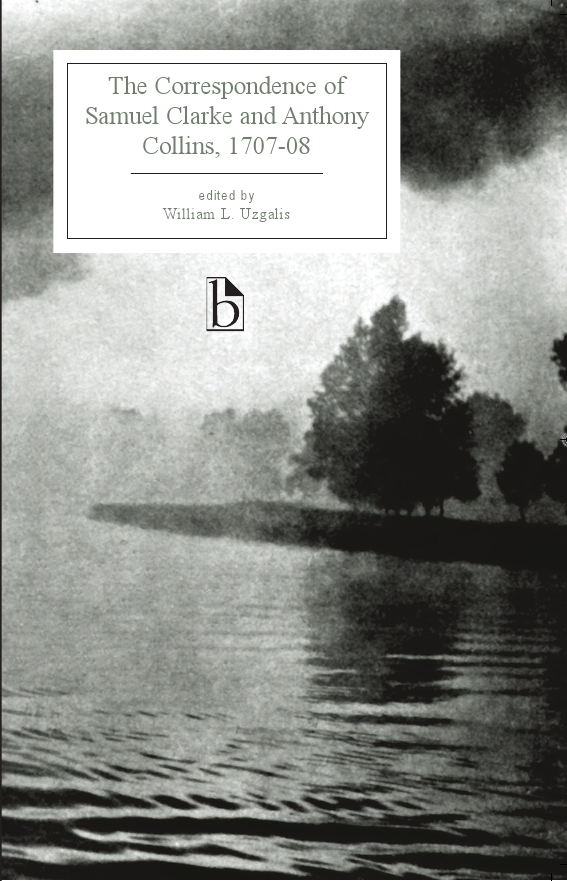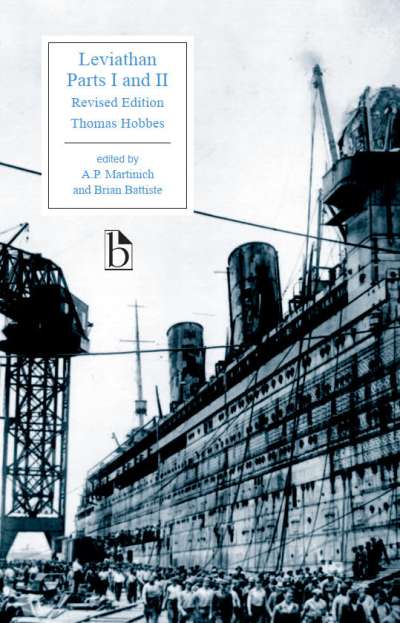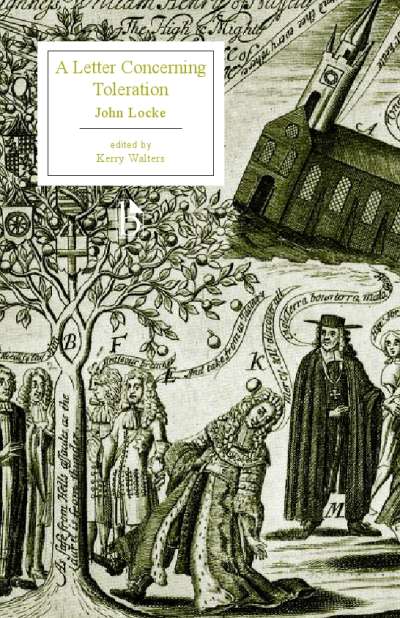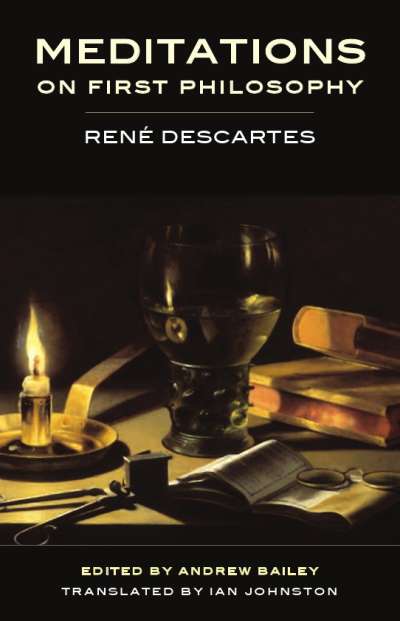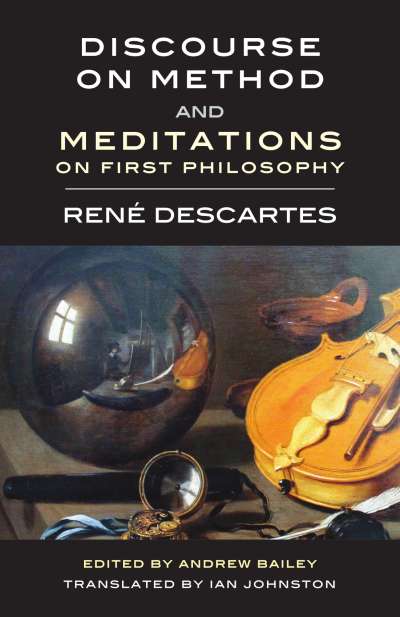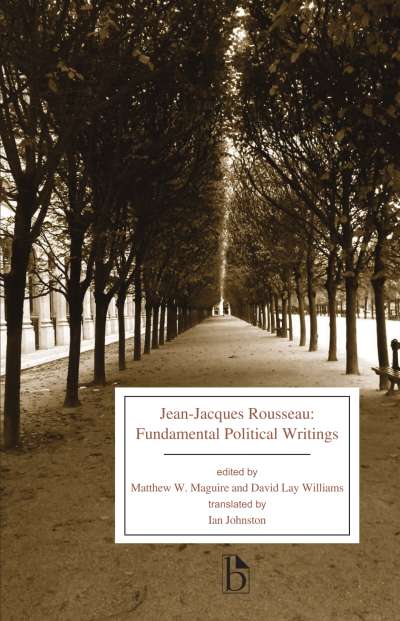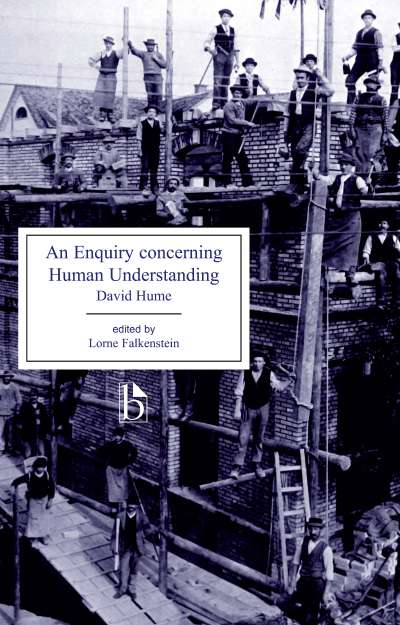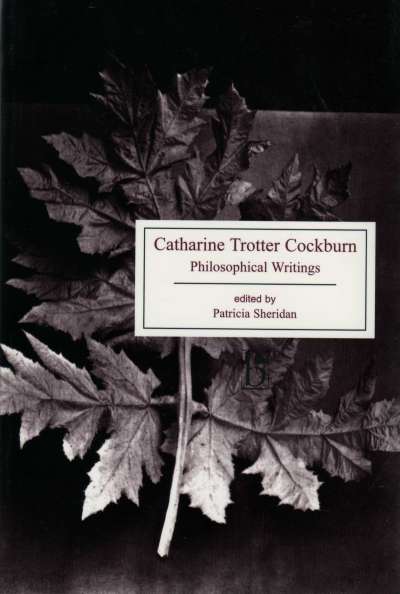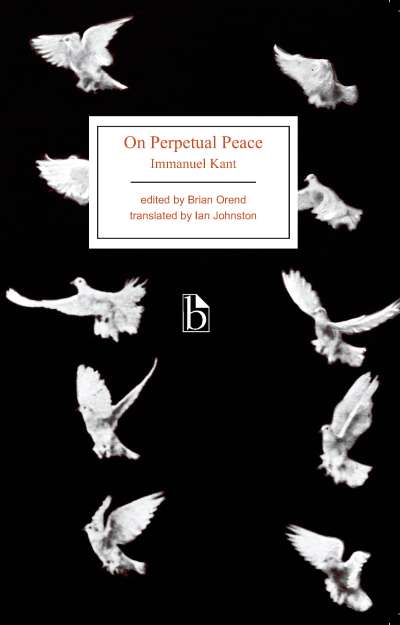An important work in the debate between materialists and dualists, the public correspondence between Anthony Collins and Samuel Clarke provided the framework for arguments over consciousness and personal identity in eighteenth-century Britain. In Clarke’s view, mind and consciousness are so unified that they cannot be compounded into wholes or divided into parts, so mind and consciousness must be distinct from matter. Collins, by contrast, was a perceptive advocate of a materialist account of mind, who defended the possibility that thinking and consciousness are emergent properties of the brain.
Appendices include philosophical writings that influenced, and responded to, the correspondence.
Comments
“The exchanges between Samuel Clarke and Anthony Collins concerning the interconnected set of problems relating to matter and mind, personal identity, free will, and religion were enormously influential in the eighteenth century and continue to be of considerable philosophical interest and significance. Scholars and philosophers alike will welcome this carefully edited and well produced edition of a work that has for too long been neglected and unavailable. Readers will also appreciate William Uzgalis’s lucid and illuminating introduction, which places this work in its relevant historical context and describes the central issues arising in this important philosophical debate.” — Paul Russell, University of British Columbia

